 |
| Delegates attending the Communication Workshop to promote the development of an inter-sectoral coordination mechanism on preventing and responding to gender-based violence on November 3. (Photo: TH) |
The workshop was chaired by Deputy Minister of Labor, War Invalids and Social Affairs Nguyen Thi Ha and UNFPA Representative in Vietnam Mr. Matt Jackson. Also attending the workshop were Mr. Le Ngoc Chau, Vice Chairman of the People's Committee of Ha Tinh province, representatives of relevant ministries/sectors, the Department of Labor, War Invalids and Social Affairs, departments, agencies, and units participating in supporting victims of gender-based violence in a number of provinces and cities.
At the workshop, delegates were shared with international guidelines on inter-sectoral coordination mechanisms in preventing and responding to gender-based violence, the results of implementing the Inter-sectoral Coordination Regulations on preventing and combating domestic violence, as well as successful lessons in building and implementing inter-sectoral coordination mechanisms on preventing and combating gender-based violence and child abuse in Quang Ninh and Ho Chi Minh City.
Speaking at the opening of the workshop, Deputy Minister of Labor, War Invalids and Social Affairs Nguyen Thi Ha said: “In Vietnam, the issue of gender equality in general, prevention and response to gender-based violence is one of the issues that the Party, State, Government and relevant ministries and branches are constantly paying attention to and are committed to implementing through solutions in terms of institutions, policies, communication, raising awareness, improving capacity, research, and building pilot models to provide support services for victims of gender-based violence in many diverse and rich forms."
According to Ms. Nguyen Thi Ha, the attention and involvement of ministries, sectors and agencies in the prevention and response to gender-based violence is also demonstrated through inter-sectoral coordination mechanisms to address different aspects of gender-based violence such as: Inter-sectoral coordination regulations on preventing and combating domestic violence; coordination regulations on receiving, protecting and supporting victims of trafficking between the Ministry of Labor - Invalids and Social Affairs, the Ministry of Public Security, the Ministry of National Defense, the Ministry of Foreign Affairs; coordination regulations on preventing and combating violence and child sexual abuse between the Ministry of Labor - Invalids and Social Affairs, the Ministry of Education and Training, the Ministry of Health, the Ministry of Public Security, etc.
Despite significant achievements, the prevention and response to gender-based violence still faces many difficulties and challenges. Gender-based violence remains widespread, and it is of concern that the majority of women who experience violence have not sought help from formal support services or local authorities.
The service provision system still faces many difficulties in terms of facilities, equipment, human resources and staff skills, especially the coordination between relevant agencies and units is still not unified and synchronous, affecting the quality of support for victims of violence and creating fear for people when they need support.
Deputy Minister Nguyen Thi Ha affirmed that it is necessary to expand and improve the quality of the network of support services to help victims of violence, especially the need for participation, connection and close coordination of all relevant agencies and organizations at both central and local levels.
UNFPA Representative in Vietnam, Mr. Matt Jackson, said that in order to ensure timely support, focusing on victims of violence, there needs to be an inter-sectoral coordination mechanism and continued investment to replicate this model.
“UNFPA is committed to continuing to support the Government of Viet Nam in developing a national and sub-national inter-sectoral coordination mechanism that aligns with international standards and leaves no one behind,” said Matt Jackson. “The inter-sectoral coordination mechanism will ensure that efforts to prevent and respond to gender-based violence are comprehensive and consistent, and that survivors of gender-based violence can access timely and quality support services, wherever they live and whatever their circumstances.”
At the workshop, delegates from ministries, sectors, localities and service providers supporting victims of gender-based violence exchanged, discussed and made many suitable and feasible recommendations, and proposed the need for coordination regulations at both central and local levels, clearly defining the specific roles and responsibilities of relevant agencies in the work of preventing and responding to gender-based violence.
The information, experiences and opinions discussed and shared at the Workshop will be an important basis for moving towards research and proposing the formation of an inter-sectoral coordination mechanism on prevention and response to gender-based violence at the national level in the coming time.
Source













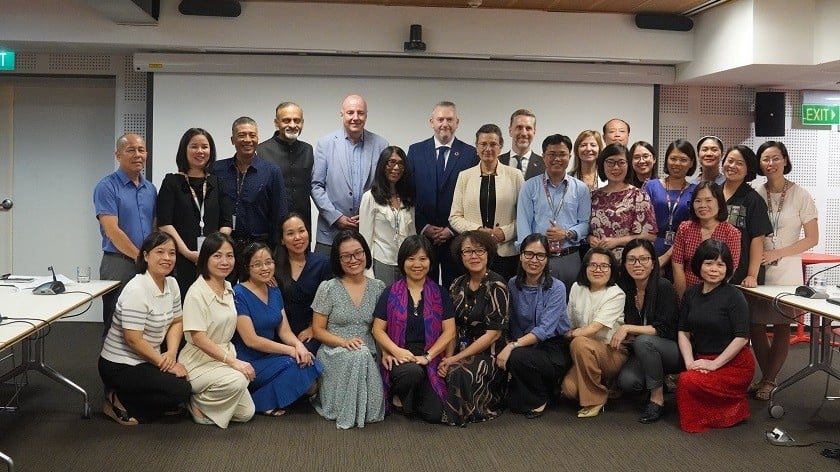
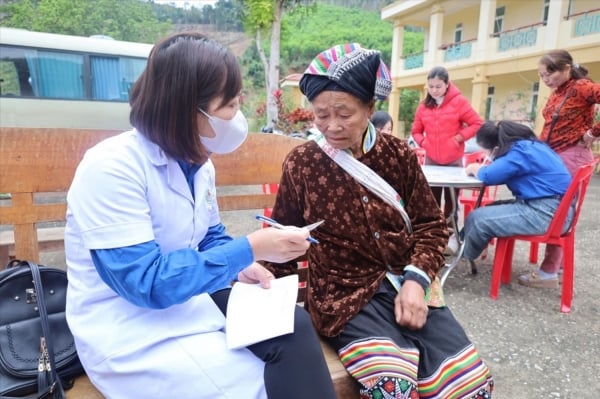

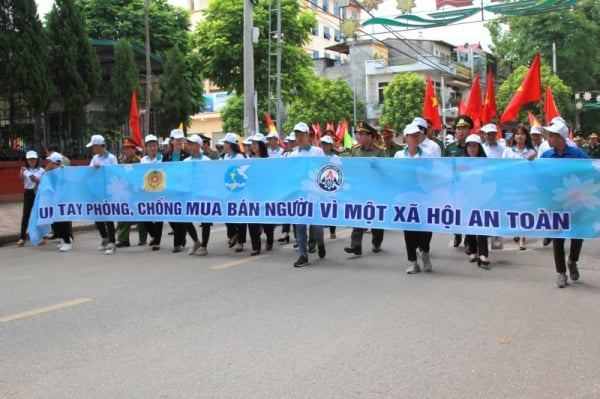
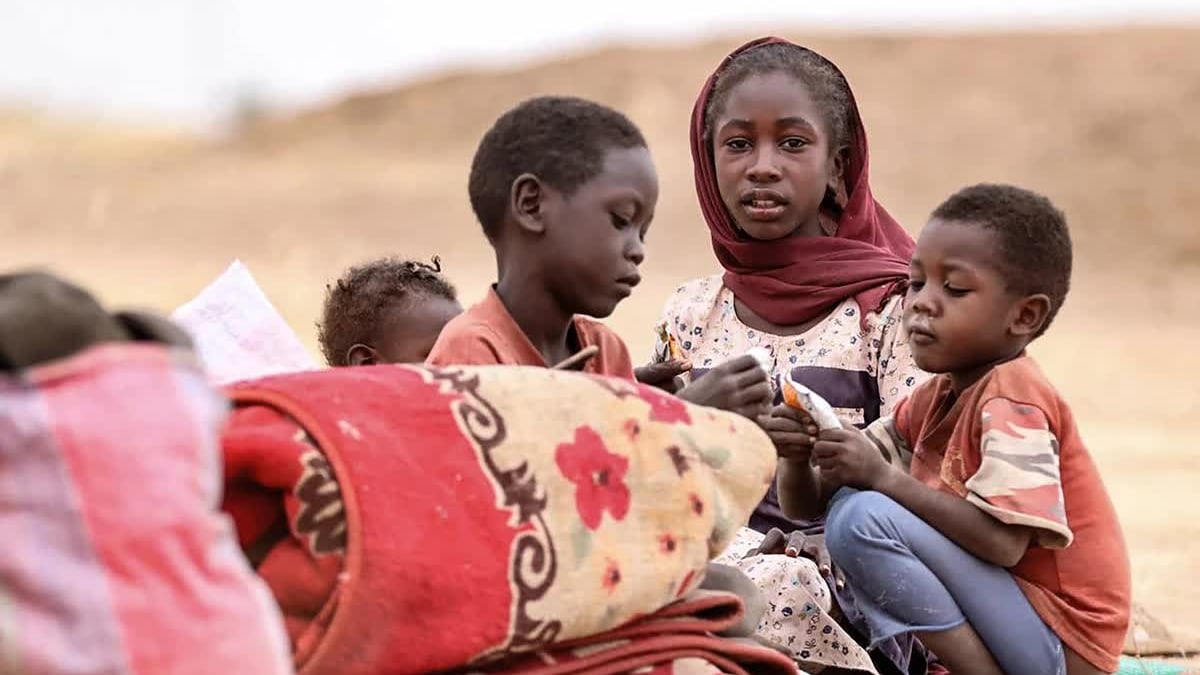



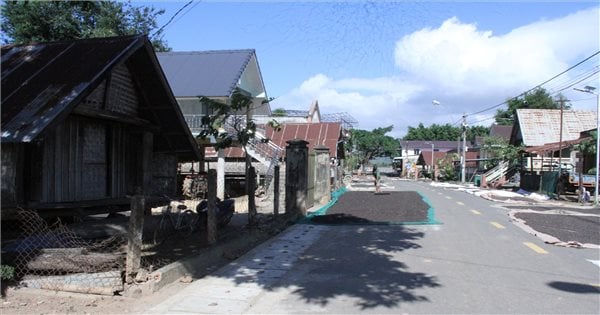















![[Photo] Prime Minister Pham Minh Chinh chairs Government Conference with localities on economic growth](https://vstatic.vietnam.vn/vietnam/resource/IMAGE/2025/2/21/f34583484f2643a2a2b72168a0d64baa)






























































Comment (0)